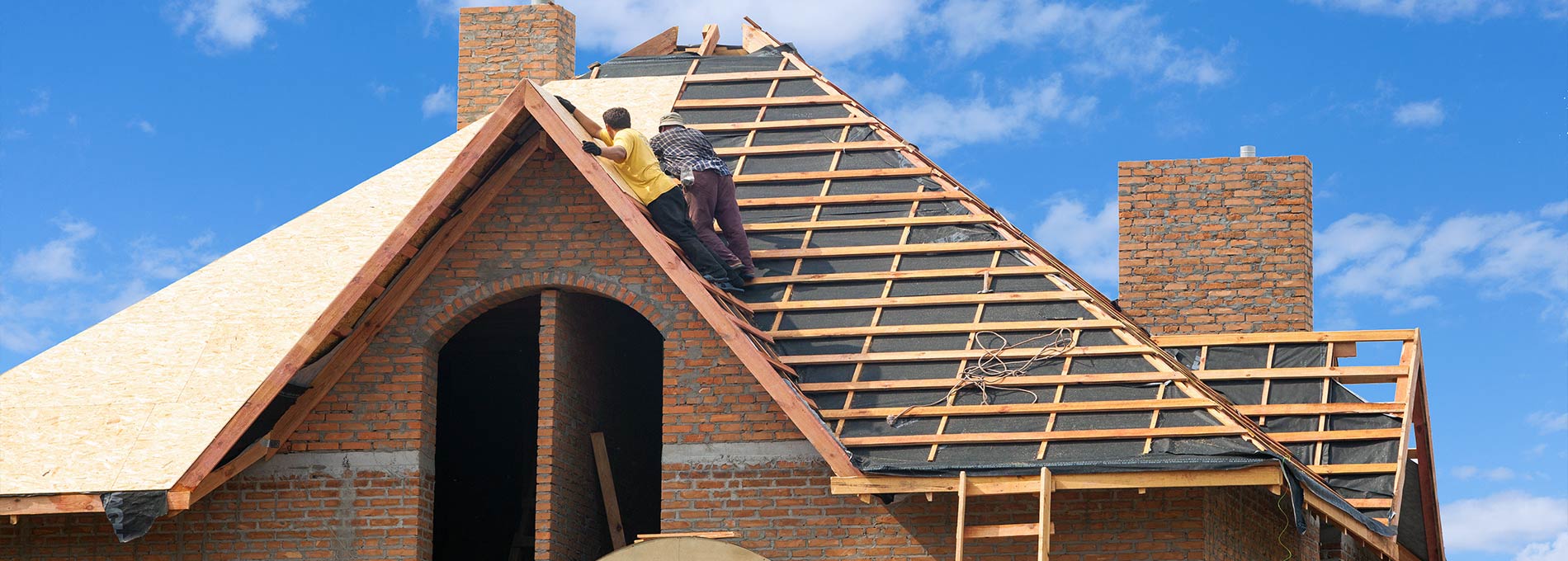Questions to Ask Your Roofing Contractor Phoenix AZ
It is risky to hire a Phoenix roofing contractor Advosy to fix your roof. Ask your family and friends for recommendations of roofers who have done great work on their homes. Online, you can see previous work by many roofers. You can see their past work online and talk with them about your ideas. This will reduce the risk of hiring untrustworthy roofers.
1. Are you covered by insurance
Two types of insurance should be purchased by contractors: liability and workman's comp. Workers are protected from any negligence at the Jobsite by workman's comp. They may also be eligible for essential medical coverage and pay replacement. A specific liability policy for roofing contractors can be purchased. These policies protect against financial loss due to damage. These policies can be combined to protect the homeowner and the roofers. You could be responsible for any costs incurred if they aren't insured.
2. Are you and your team members certified or licensed?
To be allowed to own their own business, roofers must meet security requirements. This shows that they are skilled in their chosen field. You should ensure that both are licensed roofers. Also, make sure they have a valid business license. You might not be able to hold them accountable for poor work or installments if they don't possess a license.
3. Are you looking to find freelancers and subcontractors?
A company may outsource work to another company. This could be because of the nature or the responsibility for staff hiring.
4. Are you a local resident
Local contractors offer many advantages. Local contractors will be more familiar with the area and can negotiate lower prices. They don't have to travel far for materials. If you are willing to hire roofers from other states, this may not be a problem. Local roofers will be more familiar with local building codes. Local roofers will be more likely to offer references and refer others.
5. Do you plan to install a drip edge inside your home?
Most roofers will install a drip edge. A drip edge is a metal component placed underneath the roof's roof tiles.
6. How can I protect my gutters from damage?
Your gutters can be damaged by roof construction. There are also chances of leaks due to ongoing roof construction.
7. Do you promise to clean up after your children when you're done?
Roof initials are large home repairs that can take up space in your yard, driveway, or back yard. You may have to remove dangerous equipment or tools from your home.
8. Who will answer my questions if I have any?
Homeowners may find it frustrating to be asked questions but not be able to speak to a supervisor. Sometimes, workers are left to follow their own instructions.
9. Is it possible to reach you outside of normal business hours? Is there a better way to get in touch with you after business hours?
It is vital to know when and how they are available after-hours. It is possible you won't be able to visit your child if you are not available in the morning or you don't have enough time after work. To discuss the progress of your roof, you can meet with your contractor.
10. What happens when work is stopped because of inclement weather
What happens if it rains for more than a few days or is severe? These are important things to think about before you start the project. Weather-related issues should not be a problem. Ask your roofer if they are ready for unexpected circumstances like a storm. They will make sure that your home remains safe until construction can resume.
11. What warranty is my roof covered by?
Ask about the warranty on your roof. These warranties protect your roofing materials.
12. Do you want to repurpose or replace old flashings?
It is difficult to replace flashing on a roof. Before custom-bending and installing flashing on a roof, your roofer will need measurements. Some less-respected roofers won't bother installing new flashings. These flashings are mandatory for homeowners. You can use flashings you have used before to match the original shingles. Like other home features, flashings can wear down over time. You may have to replace them if they become corroded, leak, or cause damage to your home and roof.

